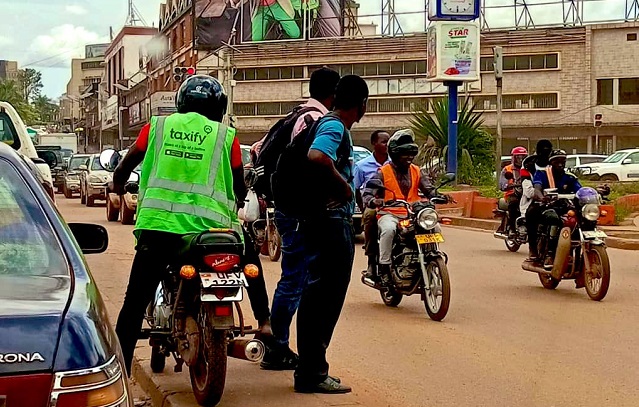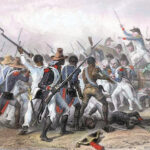
COMMENT | Gertrude Kamya Othieno | Uganda, often celebrated as the Pearl of Africa, is admired for its natural beauty and relative stability. Yet beneath this façade lies a society grappling with deep-rooted challenges. These issues, while subtle, reflect a troubling shift in the nation’s social and moral fabric.
The Uganda of today reveals a worrying trend of self-interest over community wellbeing. The once-shared values of respect and collective responsibility seem to have faded, replaced by a mindset that prioritises personal gain above all else. This shift is particularly evident in everyday behaviours that reflect a lack of trust and regard for others.
On the roads, for example, chaos reigns. Boda boda riders often weave recklessly through traffic, even onto pavements, showing little respect for pedestrians. Cars frequently break rules, driving against the flow of traffic to avoid congestion, creating dangerous conditions for everyone. These behaviours are not isolated; they symbolise a broader societal issue: the erosion of discipline and consideration.
Adding to this decline is the flood of counterfeit goods in the market. From medicines to food products, the sheer volume of fake items poses a grave danger to public health and safety. Many unsuspecting consumers are left vulnerable, unable to distinguish between genuine and substandard products. This culture of deceit fuels mistrust and exploits the very people who should be protected.
Another insidious issue is the rise of professional and intellectual vandalism. It is not uncommon for individuals to steal ideas and proposals from others, passing them off as their own to secure contracts or funding. This selfish practice not only undermines trust but also affects development, as many of these impostors fail to deliver on their promises. Consequently, innovative thinkers fear sharing their knowledge, wary that their efforts will be exploited for personal gain without credit or accountability. This stifling of creativity and collaboration is a direct blow to progress and social cohesion.
The underlying cause of these actions is not just recklessness; it is a growing sense of disconnection. People no longer see themselves as part of a shared community. Trust among individuals has diminished to the point where everyone is viewed with suspicion, and the prevailing question seems to be, What’s in it for me? This attitude transcends age, with both adults and children alike mirroring this self-serving outlook.
The rise of mob justice further reflects this decline in social cohesion. Groups taking the law into their own hands may be driven by frustration with an inefficient justice system, but it is a dangerous trend that undermines the rule of law and breeds further disorder. Similarly, incidents of avoidable tragedies, like people rushing towards overturned oil trucks in search of fuel, only to suffer fatal consequences, reflect a lack of awareness and value for life.
The cumulative effect of these behaviours paints a troubling picture. Uganda, once a beacon of potential, now seems to struggle under the weight of moral decay and a lack of shared purpose. The dreams of unity and progress that inspired generations are giving way to cynicism and disillusionment.
But all is not lost. There remains an opportunity to reclaim the values that once held society together. The East African Revival offers a timeless message of reconciliation, humility, and collective responsibility, principles that are desperately needed today. Rooted in these ideals, Uganda has a chance to rebuild trust and restore a sense of community.
We can draw inspiration from neighbouring countries like Rwanda and South Africa, where the philosophy of obuntu, emphasising empathy and shared humanity, has played a key role in healing and uniting fractured societies. Uganda does not need to wait for conflict to embrace these principles. By fostering a culture of accountability, prioritising the common good, and rekindling mutual respect, the nation can address its current challenges before they escalate further.
The way forward lies in a moral and social revival, one that places community above individualism and emphasises shared progress over personal enrichment. It is a call to action for all Ugandans to remember their collective identity and work together to rebuild the foundations of trust and unity. With this spirit, Uganda can once again shine as a symbol of hope and resilience for the continent.
Next, Essay 5 of 20: Education for Integrity and a Revival-Inspired Approach to Learning
*****
 Gertrude Kamya Othieno | Political Sociologist in Social Development (Alumna – London School of Economics/Political Science) | Email – [email protected]
Gertrude Kamya Othieno | Political Sociologist in Social Development (Alumna – London School of Economics/Political Science) | Email – [email protected]













